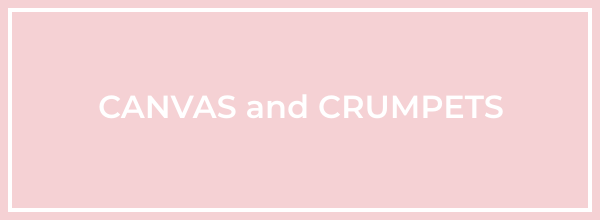Features Overview
Vaidehi Kinkhabwala is an expert draftsman. Every eye she paints is looking at you, and everything she paints in motion is moving swiftly towards you. In this series of Rooster Portraits, Kinkhabwala utilizes this skill to create uncannily accurate portraits of men in her life…without painting their faces. Instead, she conveys their essence through the heads of roosters perched atop human frames.
She has chosen this animal for her satirical portraits because of their association with a kind of macho masculinity. Kinkhabwala describes the way these roosters signal their “toughness” through the angle of their heads. In shrinking the size of a figure’s rooster-head in proportion to his body, the artist draws attention to this superficial, chauvinistic façade. Some of the birds also appear alarmed—an effect of strange angles highlighting their eyes—which she describes as the expression she receives from men when she discusses feminism.
Though her portraits contain many humorous elements that serve to criticize toxic masculinity, the series is not confined to this one mode of reflection. The collection of portraits is thoughtfully curated, featuring many paintings of men with whom she has a complex and layered dynamic. Her relationships with these men vary in their number of positive and negative qualities, a fact which she demonstrates with two opposing works, The Influencers and Foster Dad. The titles, of course, convey two roles that fit a dualistic understanding of morality—the self-absorbed influencer versus the altruistic, self-sacrificing foster father. But titles aside, it is clear immediately which is which.
The Influencers features two ‘men,’ one of whom strides towards the viewer headlong, his confrontational gaze rendered even more disconcerting due to the fact that we rarely see pictures of roosters from the front. The other stands a foot behind his friend, his chin cocked (pun intended) to the left, one beady eye casting the viewer a sidelong glance. I can almost imagine him whispering a snide remark to his buddy, who is clearly the alpha male.
Contrast that with Foster Dad, in which a ‘man’ cradles a baby in his human arms. His visible eye is softer somehow, given more depth through shading, and—though I lack the vocabulary to properly describe rooster anatomy—its soft feathers (?) are similarly blended. Kinkhabwala clearly holds this latter figure in high regard, so why depict him as a rooster at all? The artist explains that the rooster contains additional meanings in different cultures. In Chinese mythology, the rooster signifies honesty and dependability in addition to masculine strength. In India, the rooster is also the Hindu Skandha, the personification of the sun’s energy.
Foster Dad illustrates the strength of true masculinity: what it truly means to be a man outside of societal norms that support chauvinistic attitudes and behaviors. He practices love, kindness, and altruism. He is honest and dependable. And this kindness radiates, like the sun, to all those around him.
Office Magazine
Dividing time between New York City and her home country of India, Vaidehi Kinkhabwala addresses masculinity in its range of forms with Rooster Series, a collection of rooster paintings wherein the namesake animals each represent a man from her own life. Many of the works are meant to critique the toxic traits of the subjects, as is the case with The Traitor—a depiction of a duplicitous-looking male chicken representing a friend who espoused feminist views to the artist’s face while contradicting those statements with their behavior. On the other side of the spectrum is a subject representing the artist's father, whom she credits with using his privilege to actively combat misogyny and elevate the platform for women in his community.
New Jersey Hills Media Group
ART REVIEW: ‘Up & Coming 2011: New Printmakers Make Their Mark’
By RACHEL MULLEN -- Art Critic


